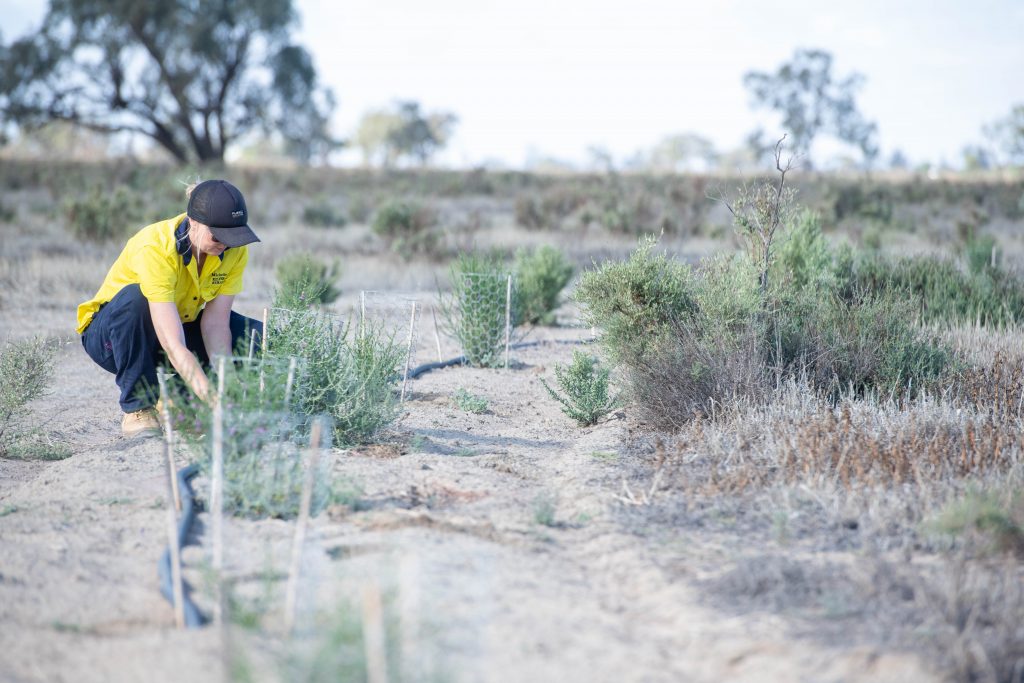David Karoly, an honorary Professor and Senior Research Fellow in the University of Melbourne Climate Futures Program, Presented to Kilter Rural on climate-related risks and the latest updates of the IPCC’s 6th assessment report. Karoly is an internationally recognised expert on climate change and climate variability and was Leader of the Earth Systems and Climate Change Hub in the Australian Government’s National Environmental Science Program, between 2018 and 2021.
Karoly presented a summary of the latest IPCC predictions published in the 6th assessment report, helping contextualise the latest science on the climate crisis and how our region will specifically be affected. He highlighted what climate-related risks and opportunities could be relevant to agriculture and water in the southern MDB, and how this relates to Kilter’s role in risk management and reporting on TCFD disclosures.
It is predicted that agriculture will in fact grow as a proportion of Australia’s total emissions within the next decade. By 2030, agriculture will grow as a share of total emissions from 13% to 17%. With total agricultural emissions predicted to be 76Mt, comparable to electricity at 88Mt, which will reduce as a share of total emissions from 31% to 20%.

One of the key mitigation measures Professor Karoly highlighted, which has been presented by the IPCC, is the growth and improvement of carbon sinks. Under carbon projects AFF currently has registered, Kilter is predicted to sequester approximately 85,000 tonnes of CO2 over the project’s 25 year period. This sequestration will allow AFF to become carbon neutral with a surplus of carbon credits to sell in the voluntary market.
Kilter Rural is a leader in the ESG and climate reporting space. We are an official supporter of the TCFD and in the process of implementing the recommended disclosures. A key goal of AFF is to be net-zero by the end of fund and have fully verified emissions accounts, with the first independently verified emissions accounts published in the 2021 ESG Report
